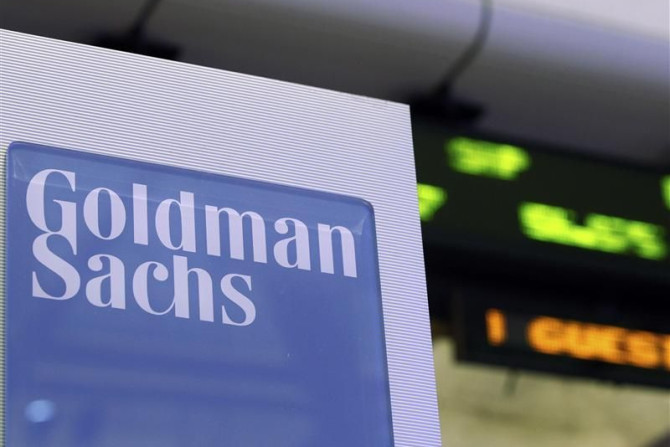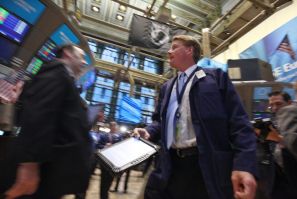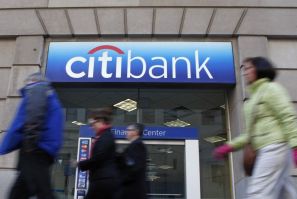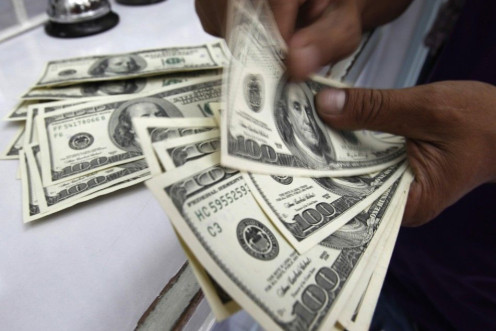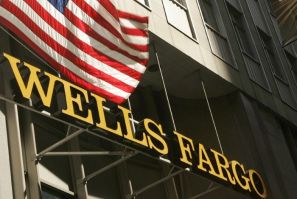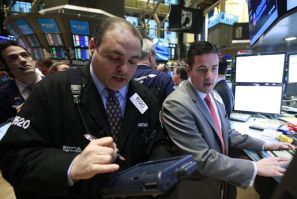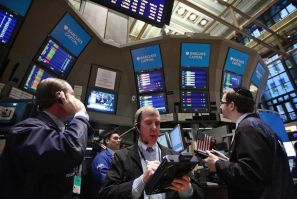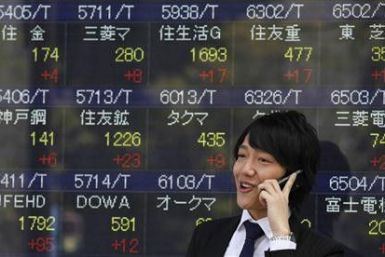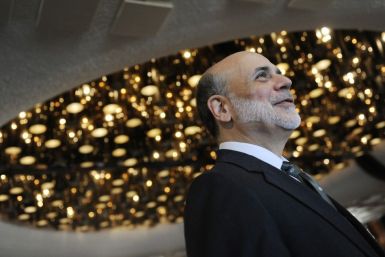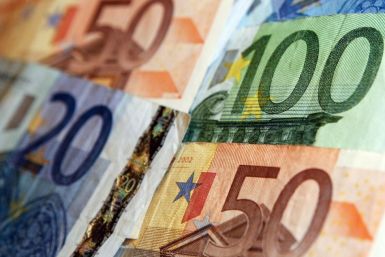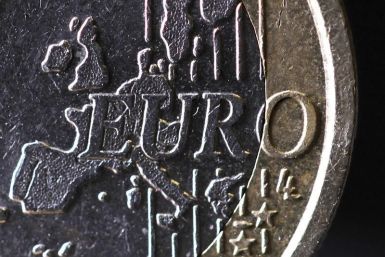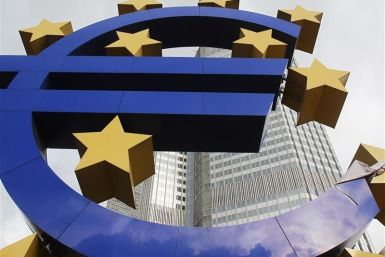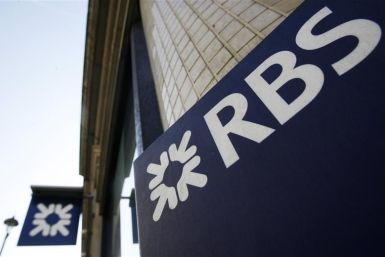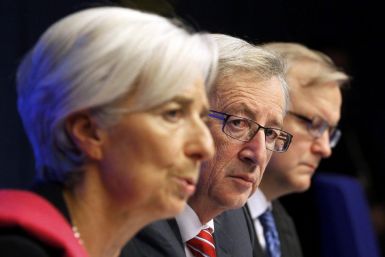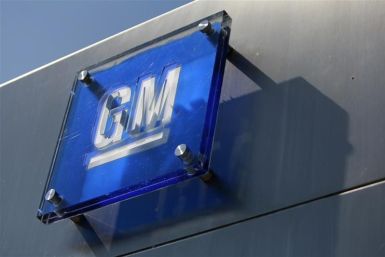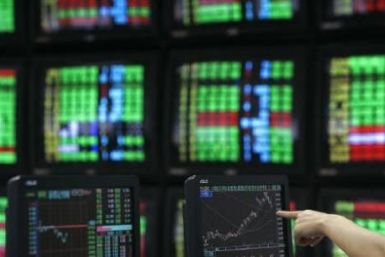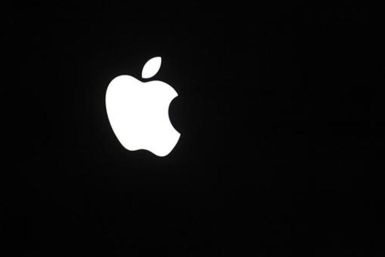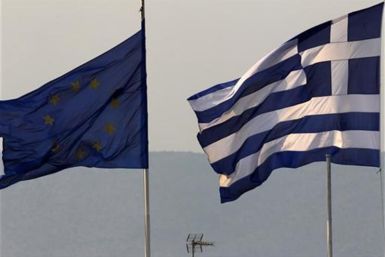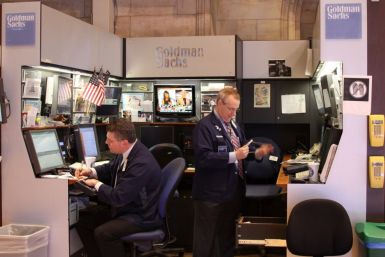Stocks and other risky assets rallied Friday, rounding out the quarter with even more price gains on a day that encapsulated the main developments of the year so far: encouraging news out of Europe, better-than-expected consumer sentiment in the United States, and the perceived and steady pull of inflation.
A general strike and looming deficit pushed Spanish bonds yields up Thursday, leading investors to question if the country will be the next weakest link in the euro zone.
Opana is the hot new prescription drug of abuse, sometimes with tragic consequences. Back in high school in Houston, Texas, C.J. Coomer got good grades and played football. He was dark-haired and handsome, popular with his friends and doted on by his family.
Yields on 10-year inflation-linked Treasury bonds fell into negative territory Thursday -- only the second time that has happened -- ona flight to quality in U.S. notes, a belief that inflation will begin rising and the seemingly heady effect of the Federal Reserve's Operation Twist.
The Federal Reserve officials decided to keep the near-term interest rates unchanged at ultra-low levels but offered few clues about plans for further easing, as highly anticipated, while the Fed noted recent strength in the labor market and that strains have eased in global financial markets.
Morgan Stanley has placed a senior investment banker on leave following his arrest this week on assault and hate crime charges for allegedly stabbing a taxi driver over a fare dispute.
The European Central Bank gave the world's financial system a €529.5 ($712) billion Leap Year Day gift, providing financial institutions with that amount in one percent-interest, three-year loans this week, the bank announced Wednesday morning.
Market participants are seemingly expecting European banks to take up a massive amount of euro over the next 24 hours, as the European Central Bank offers them a second helping of ultra-low cost loans. The banks themselves, not so much.
The European Central Bank is ready to engage in a new round of aggressive liquidity provision this week, flooding European banks with hundreds of millions of euro worth of cheap financing meant to prop up the tattered European banking and sovereign credit funding systems.
The move is expected to increase anger that the bank is still paying large salaries while thousands, including more than 30,000 layoffs at the bank in the last three years, lose their jobs in a weakening global economy.
Ford Motor Co. is pouring $3.8 billion into its global pension plan this year and will invest its plan assets more heavily in bonds, as the second-largest U.S. automaker moves more aggressively to minimize its pension risks in a shaky market.
Tuesday's long-awaited second rescue package for Greece steadied the euro and removed the immediate threat of a disorderly bond default, but markets remained cautious in early morning trading, fearful of what lies ahead for the stricken country.
Italian police reportedly seized nearly $6 trillion worth of fake U.S. Treasury bonds and other securities in Switzerland and arrested eight Italians in connection with international fraud and financial crimes.
General Motors Co (GM.N) posted a weaker-than-expected fourth-quarter profit as disappointing performance overseas offset strong results in North America.
General Motors Co. posted a weaker-than-expected fourth-quarter profit as disappointing performance overseas offset strong results in North America.
A current rally in the sprawling $7.74 trillion field for corporate bonds, which are issued as debt by major American corporations, belies a great churning occurring just beneath the market's surface. Recently, Richard Prager, who heads the bond strategy desk at the world's largest asset management firm, put it succinctly: "Houston, we got a problem."
The Bank of Japan boosted its asset buying program by $130 billion on Tuesday and in the face of political pressure set an inflation goal of one percent, signaling a more aggressive monetary policy to pull an ailing economy out of deflation.
Apple Inc once again rewarded shareholders richly as its shares surged to new highs above $500 on Monday. There is, though, one part of the iPhone and iPad company's business that is not exactly humming: Its management of a pile of money now probably exceeding $100 billion.
Portugal and Greece dominated the headlines out of Europe Wednesday, as both nations appeared to be opening new chapters in the continuing Eurozone sovereign debt crisis. Paradoxically, positive developments in one country were actually seen as the reason negative news were emerging from the other.
JPMorgan on Tuesday said its global co-head of emerging markets and head of fixed income for Asia would be leaving the company.
The chief economist at Swiss banking giant UBS said Tuesday afternoon that Greece would likely default on its sovereign debt obligation, putting underwriters of insurance against such an event on the hook for billions of dollars in payments. He was only the latest market observer to say a default was imminent.
The volatility, panic, and the resulting tightening of investors' purses that dominated credit markets for much of 2011 is giving way to calm, creating a flood of cash from investors now confident enough to put their money back into corporate bonds. Somewhat surprisingly, crisis-exposed financial institutions, even in Europe, have been able to take advantage.


